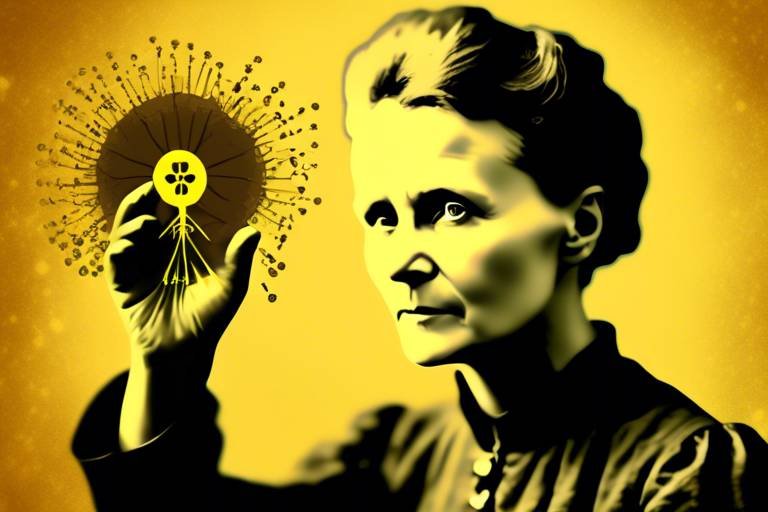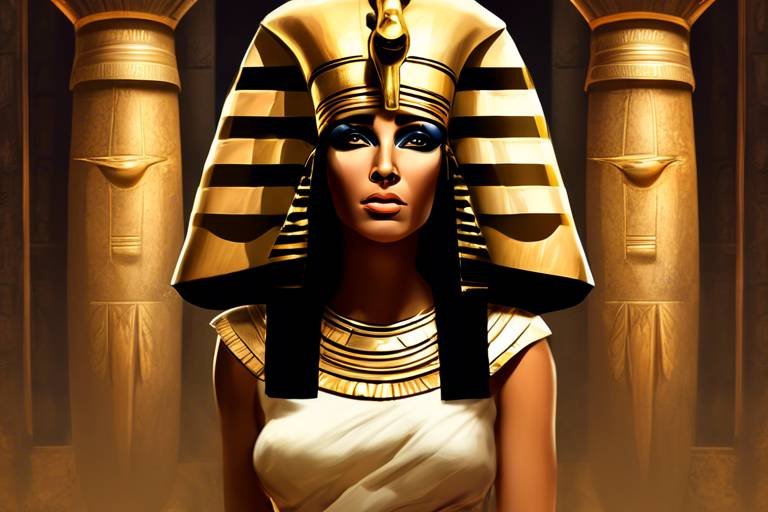Marie Curie: The Pioneer in Radiation Research
Marie Curie, a renowned scientist, made groundbreaking discoveries in the field of radiation research. Her work revolutionized our understanding of radioactivity and its applications in various fields, leaving a lasting impact on science and medicine.
Marie Curie's journey began in Warsaw, Poland, where she displayed a keen interest in science from a young age. Despite facing numerous obstacles as a woman in the male-dominated academic world, she pursued higher education in Paris, where she met her husband, Pierre Curie. Together, they delved into the emerging field of radioactivity, conducting pioneering research that would shape the course of scientific history.
Through tireless experimentation and meticulous observations, Marie Curie succeeded in isolating the elements polonium and radium, unveiling the mysteries of these radioactive substances. Her dedication to scientific inquiry and her innovative methods garnered recognition from the scientific community, solidifying her reputation as a trailblazer in the field of radiation research.
Marie Curie's groundbreaking contributions to science were honored with Nobel Prizes in both Physics and Chemistry, a testament to her exceptional intellect and unwavering commitment to discovery. Making history as the first woman to receive a Nobel Prize and the only individual to be awarded in multiple scientific disciplines, she inspired generations of aspiring scientists with her remarkable achievements.
Marie Curie's influence extended beyond the realm of scientific research, as her work in radiation therapy and the development of X-ray technology revolutionized medical diagnosis and treatment. Her pioneering efforts in applying radiation to combat cancer laid the foundation for modern oncology, saving countless lives and transforming the landscape of medical practice.
Marie Curie's legacy as a pioneer in radiation research endures through the Curie Institutes, established in her honor to further scientific exploration. Posthumously celebrated with numerous awards and honors, she remains an icon of scientific achievement and a beacon of inspiration for future scientists striving to push the boundaries of knowledge.
The use of radioactive materials in research and medicine has sparked ethical debates and safety concerns, prompting discussions on the responsible application of radiation technologies. Balancing scientific progress with ethical considerations remains a critical challenge, highlighting the ongoing need for vigilance and ethical oversight in the pursuit of scientific advancement.
Marie Curie's enduring impact on modern scientific research is evident in the ongoing exploration of radioactivity across diverse fields, from energy production to medical imaging. Her legacy serves as a guiding light for researchers pushing the boundaries of knowledge, embodying the spirit of curiosity and innovation that drives scientific discovery.
Behind the scientific accolades, Marie Curie's personal life was marked by resilience and dedication, as she navigated personal challenges while pursuing her passion for discovery. Her legacy as a role model for aspiring scientists transcends her scientific achievements, embodying the values of perseverance, intellect, and compassion that define a true pioneer.
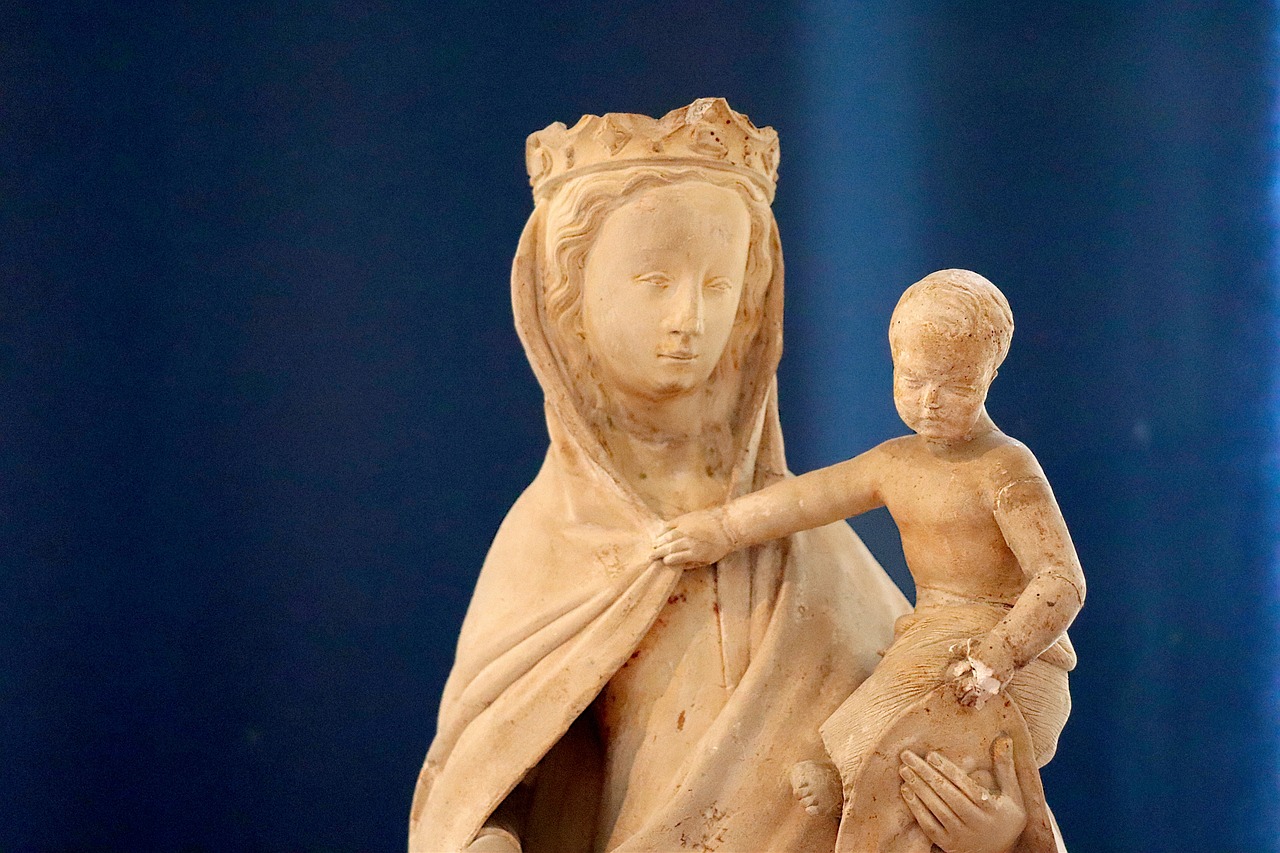
Early Life and Education
Marie Curie, a renowned scientist, made groundbreaking discoveries in the field of radiation research. Her work revolutionized our understanding of radioactivity and its applications in various fields, leaving a lasting impact on science and medicine.
Marie Curie's journey began in Warsaw, Poland, where she was born as Maria Skłodowska. Despite facing financial struggles, she displayed a remarkable aptitude for learning from a young age. Her thirst for knowledge led her to pursue higher education in Paris, where she studied physics, chemistry, and mathematics at the Sorbonne University.
It was in Paris that Marie met Pierre Curie, a fellow scientist who would later become her husband. Together, they delved into the emerging field of radioactivity, conducting groundbreaking research that would shape the course of scientific history.
Marie Curie's tireless dedication to her research culminated in the discovery of two new elements, polonium, and radium. Through painstaking experiments and meticulous observations, she unveiled these radioactive substances, expanding the known boundaries of the periodic table and opening up new avenues for scientific exploration.
Marie Curie's exceptional contributions to science were recognized with not one, but two Nobel Prizes. In 1903, she became the first woman to receive a Nobel Prize in Physics alongside Pierre Curie and Henri Becquerel for their work on radioactivity. Later, in 1911, she received the Nobel Prize in Chemistry for her discovery of radium and polonium.
Marie Curie's research had a profound impact on the field of medicine, particularly in the realm of cancer treatment. Her development of X-ray technology revolutionized medical diagnosis, while her pioneering work in radiation therapy laid the foundation for modern oncology practices.
Marie Curie's legacy as a trailblazer for women in science continues to inspire generations of researchers. The Curie Institutes, established in her honor, carry forward her commitment to scientific excellence. Posthumously, she has been honored with numerous awards and accolades for her groundbreaking contributions to the world of science.
Despite her monumental achievements, Marie Curie's work also sparked ethical debates and controversies. The use of radioactive materials in research and medicine raised concerns about safety and the long-term effects of radiation exposure, prompting ongoing discussions on the ethical implications of scientific progress.
Marie Curie's influence extends far beyond her lifetime, with her discoveries continuing to shape modern scientific research. The exploration of radioactivity in diverse fields underscores the enduring impact of her pioneering work and serves as a testament to her enduring legacy.
Behind the scientific accolades, Marie Curie faced personal struggles and challenges. Her unwavering dedication to her research, coupled with her resilience in the face of adversity, cemented her legacy as a role model for aspiring scientists worldwide.
Stay tuned for the answers to commonly asked questions about Marie Curie's life, work, and enduring legacy.

Discovery of Polonium and Radium
Marie Curie, a renowned scientist, made groundbreaking discoveries in the field of radiation research. Her work revolutionized our understanding of radioactivity and its applications in various fields, leaving a lasting impact on science and medicine.
Marie Curie's humble beginnings in Warsaw, Poland, her pursuit of higher education in Paris, and her groundbreaking research in the emerging field of radioactivity alongside her husband, Pierre Curie.
Marie Curie's groundbreaking discovery of the elements polonium and radium marked a significant milestone in the field of chemistry and physics. Through meticulous experiments and relentless dedication, she successfully isolated these radioactive elements, paving the way for further exploration into the world of radioactivity.
Her discovery of polonium and radium not only expanded the periodic table but also opened up new possibilities for scientific advancements. The recognition of her significant contributions to the scientific community solidified her position as a trailblazer in the realm of radiation research.
Marie Curie's exceptional achievements led to her being awarded Nobel Prizes in both Physics and Chemistry, a remarkable feat that showcased her unparalleled contributions to the scientific world. As the first woman to win a Nobel Prize and the only person to win in two different scientific fields, Curie's legacy continues to inspire generations of aspiring scientists.
Marie Curie's pioneering research in radiation therapy revolutionized the field of medicine, particularly in the treatment of cancer. Her development of X-ray technology for medical diagnosis and the application of radiation in cancer treatment have saved countless lives and shaped modern healthcare practices.
Marie Curie's enduring legacy as a trailblazer for women in science is exemplified through the establishment of the Curie Institutes, which continue to advance research in her honor. Posthumously, she has been honored with numerous awards and accolades for her remarkable contributions to science and her unwavering dedication to pushing the boundaries of knowledge.
The use of radioactive materials in research and medicine has raised ethical dilemmas and controversies surrounding the safety of radiation exposure. The ongoing debate on balancing scientific progress with ethical considerations underscores the importance of responsible scientific practices in the field of radiation research.
Marie Curie's legacy continues to influence modern scientific research, with ongoing exploration of radioactivity in various fields. Her groundbreaking work serves as an inspiration for future generations of scientists to push the boundaries of knowledge and drive innovation in the pursuit of scientific discovery.
Despite facing personal struggles, Marie Curie remained dedicated to her scientific pursuits, leaving behind a lasting legacy as a pioneer in radiation research. Her unwavering commitment to advancing scientific knowledge and serving as a role model for aspiring scientists has solidified her place in history as one of the most influential figures in the field of science.

Nobel Prizes in Physics and Chemistry
Marie Curie, a renowned scientist, made groundbreaking discoveries in the field of radiation research. Her work revolutionized our understanding of radioactivity and its applications in various fields, leaving a lasting impact on science and medicine.
Marie Curie's humble beginnings in Warsaw, Poland, her pursuit of higher education in Paris, and her groundbreaking research in the emerging field of radioactivity alongside her husband, Pierre Curie.
Marie Curie's isolation of the elements polonium and radium, her meticulous experiments, and the recognition of her significant contributions to the scientific community through her groundbreaking work.
Marie Curie's unprecedented achievements, being the first woman to win a Nobel Prize and the only person to win Nobel Prizes in two different scientific fields, recognizing her exceptional contributions to physics and chemistry.
Marie Curie's pioneering research in radiation therapy, the development of X-ray technology for medical diagnosis, and her profound influence on modern medicine through the application of radiation in cancer treatment.
Marie Curie's enduring legacy as a trailblazer for women in science, her establishment of the Curie Institutes, and the numerous awards and honors posthumously bestowed upon her for her remarkable contributions to science.
The ethical dilemmas surrounding the use of radioactive materials in research and medicine, controversies related to the safety of radiation exposure, and the ongoing debate on balancing scientific progress with ethical considerations.
Marie Curie's enduring impact on modern scientific research, the ongoing exploration of radioactivity in various fields, and the inspiration she provides to future generations of scientists to push the boundaries of knowledge.
Insights into Marie Curie's personal struggles, her dedication to her scientific pursuits amidst personal challenges, and the lasting legacy she left behind as a pioneer in radiation research and a role model for aspiring scientists.

Impact on Medicine
Marie Curie, a renowned scientist, made groundbreaking discoveries in the field of radiation research. Her work revolutionized our understanding of radioactivity and its applications in various fields, leaving a lasting impact on science and medicine.
Marie Curie's impact on medicine was profound and far-reaching. Through her pioneering research in radiation therapy, she paved the way for the development of X-ray technology for medical diagnosis. Her work in applying radiation in cancer treatment has saved countless lives and continues to be a crucial component of modern medicine.
One of the key contributions of Marie Curie was her discovery of the therapeutic potential of radiation in treating cancer. By harnessing the power of radioactivity, she opened up new possibilities for combating this deadly disease. Her research laid the foundation for the development of radiation therapy techniques that are widely used in oncology today.
Furthermore, Marie Curie's advancements in X-ray technology revolutionized medical imaging, allowing doctors to visualize internal structures and diagnose various conditions with greater accuracy. This innovation has significantly improved patient care and has become an indispensable tool in modern healthcare.
Moreover, her work in understanding the effects of radiation on the human body has led to advancements in radiation safety protocols, ensuring that medical professionals can harness its benefits while minimizing potential risks to patients and themselves.
In summary, Marie Curie's impact on medicine cannot be overstated. Her groundbreaking research in radiation therapy and X-ray technology has transformed the field of healthcare, saving lives and improving diagnostic capabilities for a wide range of medical conditions.
1. What were Marie Curie's most significant contributions to the field of science?
2. How did Marie Curie's research in radioactivity impact modern medicine?
3. What ethical considerations are associated with the use of radiation in medical treatments?
4. How has Marie Curie's legacy influenced the field of scientific research today?
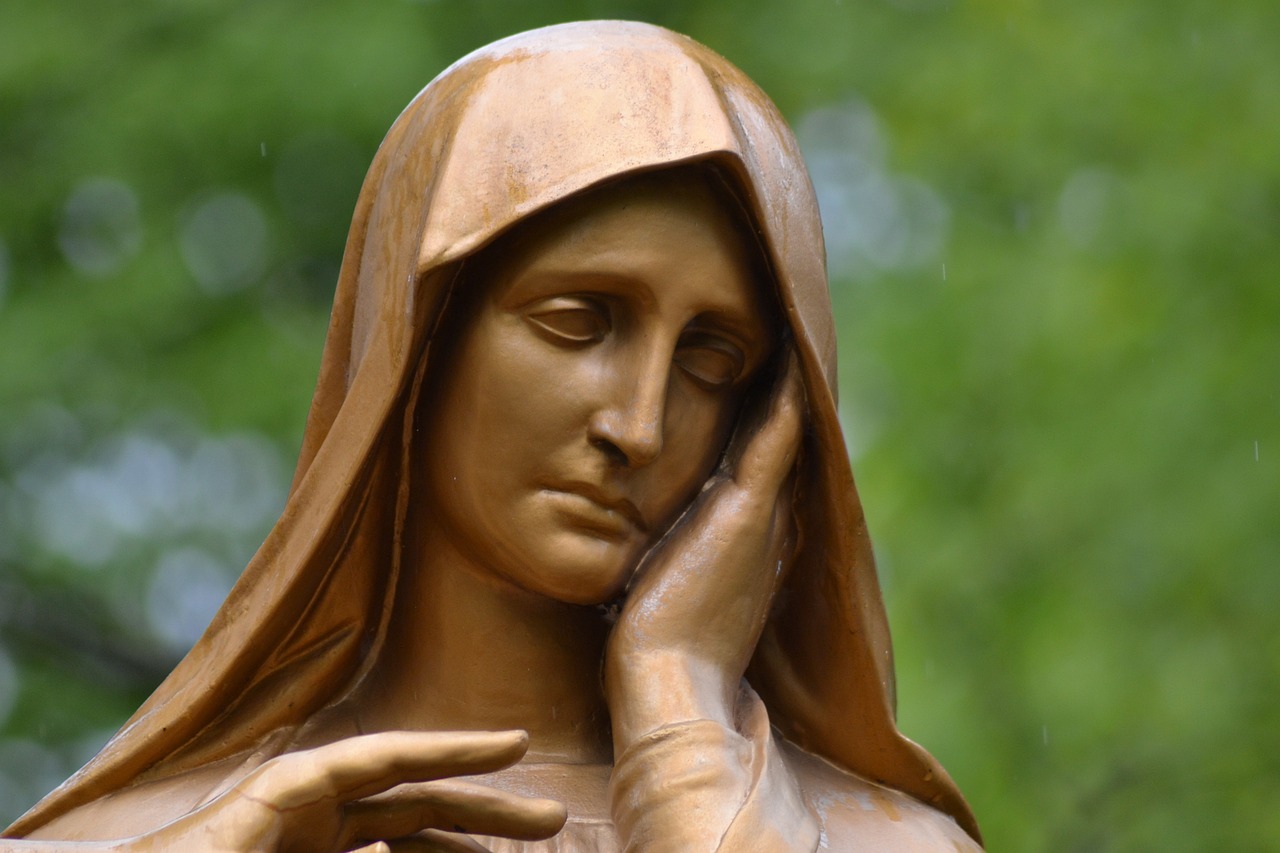
Legacy and Recognition
Marie Curie, a renowned scientist, made groundbreaking discoveries in the field of radiation research. Her work revolutionized our understanding of radioactivity and its applications in various fields, leaving a lasting impact on science and medicine.
Marie Curie's enduring legacy as a trailblazer for women in science is unparalleled. Her establishment of the Curie Institutes further solidified her reputation as a visionary in the scientific community. Posthumously, she has been honored with numerous awards and accolades for her remarkable contributions to science.

Ethical Concerns and Controversies
Marie Curie's groundbreaking research in radiation and the use of radioactive materials raised significant ethical concerns and controversies within the scientific community and society at large. The ethical dilemmas primarily revolved around the potential risks of radiation exposure to researchers, medical professionals, and patients. As the use of radiation in medicine expanded, questions arose regarding the safety protocols and ethical considerations in conducting experiments and treatments involving radioactive elements.
Controversies also emerged regarding the long-term effects of radiation exposure on individuals and the environment. The balance between scientific progress and ethical responsibilities became a focal point of debate, with concerns over the unintended consequences of widespread use of radioactive materials. The ethical implications of utilizing radiation for medical purposes, such as cancer treatment, raised questions about the potential harm versus the benefits of such interventions.
Moreover, the public perception of radiation and its associated risks added another layer of complexity to the ethical considerations surrounding Marie Curie's research. Misconceptions and fears about radiation exposure led to societal apprehensions and debates about the appropriate use and regulation of radioactive elements in scientific research and medical practices.
In addressing these ethical concerns and controversies, ongoing efforts have been made to establish stringent safety guidelines, ethical standards, and regulatory frameworks to ensure the responsible use of radioactive materials in research and medical applications. The legacy of Marie Curie's pioneering work in radiation research continues to shape discussions on ethical practices in the scientific community and underscores the importance of balancing innovation with ethical considerations.

Continued Relevance in Scientific Research
Marie Curie, a renowned scientist, made groundbreaking discoveries in the field of radiation research. Her work revolutionized our understanding of radioactivity and its applications in various fields, leaving a lasting impact on science and medicine.
Marie Curie's humble beginnings in Warsaw, Poland, her pursuit of higher education in Paris, and her groundbreaking research in the emerging field of radioactivity alongside her husband, Pierre Curie.
Marie Curie's isolation of the elements polonium and radium, her meticulous experiments, and the recognition of her significant contributions to the scientific community through her groundbreaking work.
Marie Curie's unprecedented achievements, being the first woman to win a Nobel Prize and the only person to win Nobel Prizes in two different scientific fields, recognizing her exceptional contributions to physics and chemistry.
Marie Curie's pioneering research in radiation therapy, the development of X-ray technology for medical diagnosis, and her profound influence on modern medicine through the application of radiation in cancer treatment.
Marie Curie's enduring legacy as a trailblazer for women in science, her establishment of the Curie Institutes, and the numerous awards and honors posthumously bestowed upon her for her remarkable contributions to science.
The ethical dilemmas surrounding the use of radioactive materials in research and medicine, controversies related to the safety of radiation exposure, and the ongoing debate on balancing scientific progress with ethical considerations.
Marie Curie's enduring impact on modern scientific research is undeniable. Her pioneering work in radioactivity continues to inspire and drive advancements in various fields of science. Scientists today still study her discoveries and build upon them to further our understanding of the natural world.
Insights into Marie Curie's personal struggles, her dedication to her scientific pursuits amidst personal challenges, and the lasting legacy she left behind as a pioneer in radiation research and a role model for aspiring scientists.
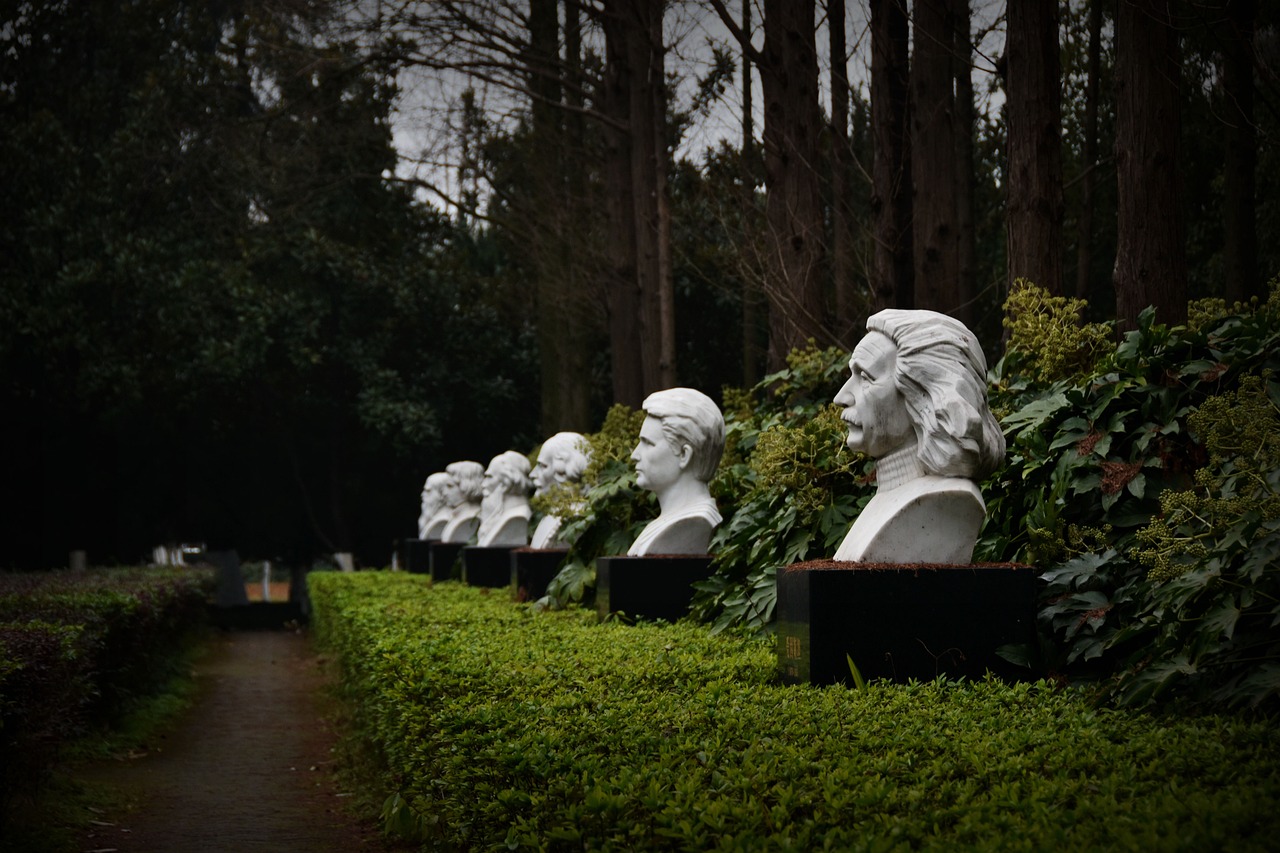
Marie Curie's Personal Life and Legacy
Marie Curie's personal life was marked by both triumphs and tragedies that shaped her legacy as a pioneering scientist. Despite facing numerous challenges, including societal barriers against women in science, Marie remained steadfast in her dedication to research and discovery. Her partnership with Pierre Curie not only led to groundbreaking scientific achievements but also provided her with unwavering support in her scientific pursuits.
Marie's legacy extends beyond her scientific contributions, as she became a symbol of resilience and determination for aspiring scientists, especially women in STEM fields. Her tireless work ethic and passion for knowledge continue to inspire generations of researchers to push the boundaries of scientific exploration.
On a personal level, Marie Curie's life was marked by profound loss, including the untimely death of her husband, Pierre Curie, in a tragic accident. Despite the devastating loss, Marie persevered and continued her research, becoming the first female professor at the University of Paris and the first woman to win a Nobel Prize.
Marie Curie's legacy also includes her role as a devoted mother to her two daughters, Irene and Eve, both of whom followed in their mother's footsteps and made significant contributions to science. Marie's ability to balance her roles as a scientist, educator, and mother exemplifies her remarkable strength and determination in the face of adversity.
Throughout her life, Marie Curie remained dedicated to her scientific pursuits, even in the face of personal hardships and societal challenges. Her unwavering commitment to advancing knowledge and her groundbreaking discoveries in the field of radioactivity continue to inspire and influence scientific research to this day.
Frequently Asked Questions
- What were Marie Curie's major contributions to science?
Marie Curie made significant contributions to science, particularly in the field of radioactivity. Her major achievements include the discovery of the elements polonium and radium, her pioneering research in radiation therapy, and the development of X-ray technology for medical diagnosis.
- Why is Marie Curie considered a pioneer in radiation research?
Marie Curie is considered a pioneer in radiation research due to her groundbreaking discoveries in the field of radioactivity, her exceptional contributions to physics and chemistry that earned her two Nobel Prizes, and her lasting impact on modern medicine through the application of radiation in cancer treatment.
- What ethical concerns and controversies were associated with Marie Curie's work?
Marie Curie's work with radioactive materials raised ethical concerns regarding the safety of radiation exposure in research and medicine. There were controversies surrounding the risks posed by radiation and the need to balance scientific progress with ethical considerations to ensure the well-being of individuals.

